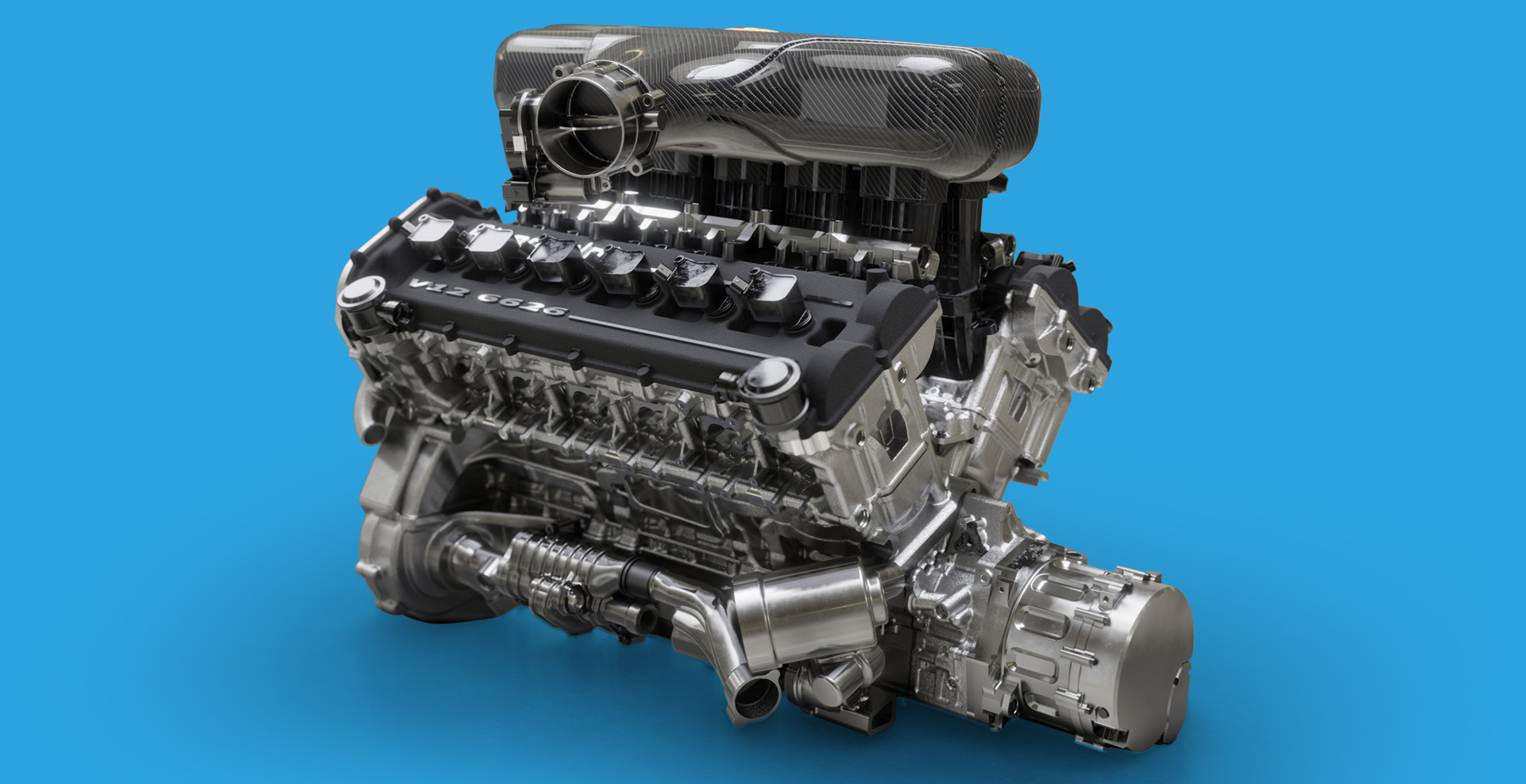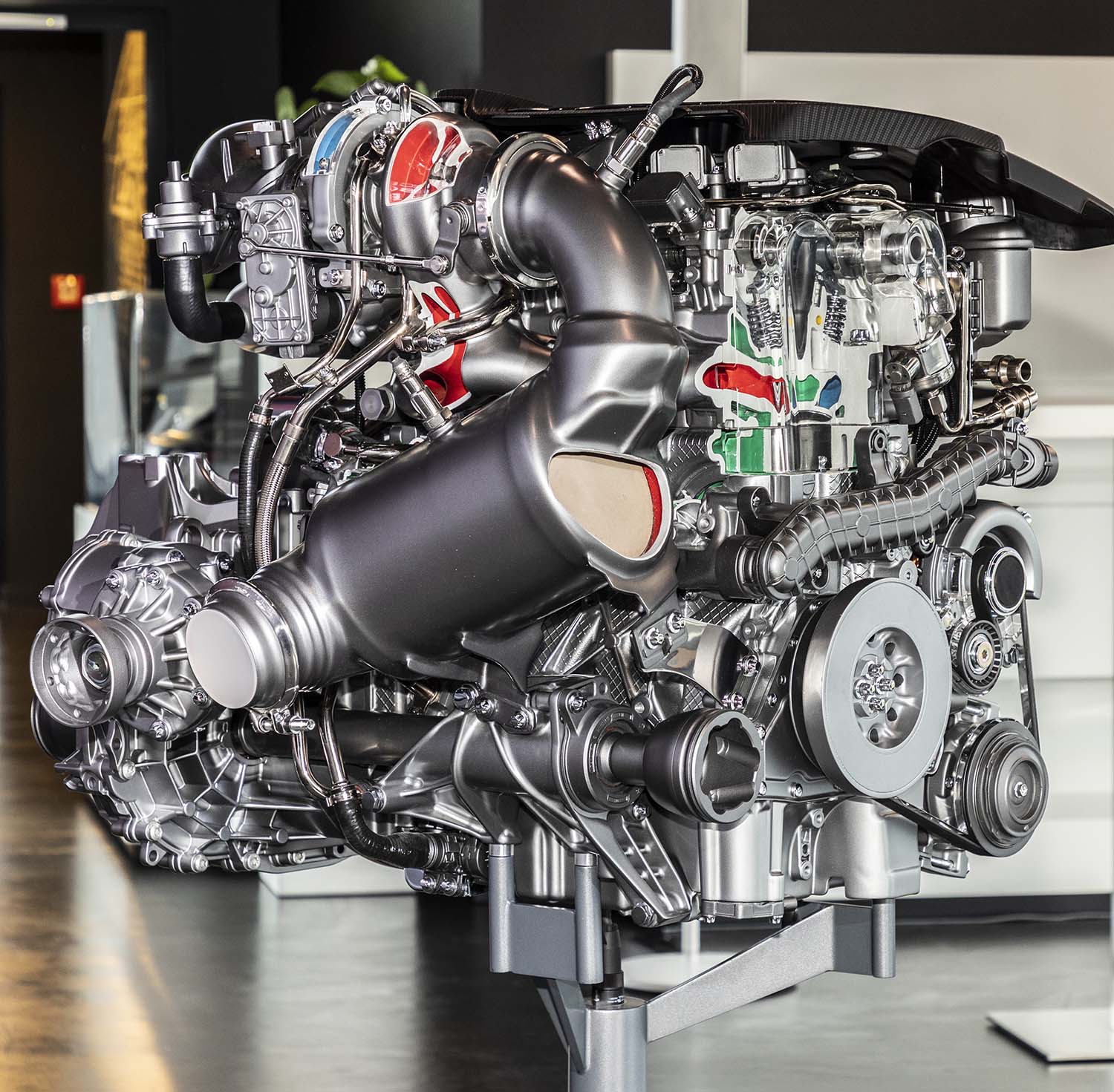The Influence of Cutting-edge Engine Technologies on Energy Effectiveness and Environmental Sustainability
In the realm of transport and commercial machinery, the continual mission for enhanced energy effectiveness and lowered environmental effect has actually led to significant innovations in engine technologies. From the gradual change towards electric and hybrid systems to the combination of turbocharging for boosted effectiveness, the landscape of engines is progressing swiftly.
Advancement of Engine Technologies
The progression of engine innovations over the years has actually been marked by continual innovation and improvement in pursuit of enhanced performance and effectiveness. From the early days of inner combustion engines to the cutting-edge crossbreed and electrical powertrains these days, the development of engine innovations has actually been driven by a relentless mission for boosted fuel performance and reduced exhausts.
One significant turning point in this evolution was the growth of turbocharging and direct injection systems, which substantially enhanced engine power output while boosting gas performance. These modern technologies enabled smaller sized, much more lightweight engines that could supply the efficiency of larger ones without compromising on effectiveness.
Moreover, innovations in products scientific research have led to the extensive adoption of lightweight products such as light weight aluminum and carbon fiber in engine building and construction. This has not only lowered general vehicle weight but has likewise boosted engine effectiveness by minimizing energy losses connected with inertia and rubbing.
Advantages of Electric and Crossbreed Solutions
With the expanding concentrate on sustainability and power efficiency, what benefits do hybrid and electric systems use in the realm of engine modern technologies? Electric and hybrid systems existing countless advantages that add to a more energy-efficient and sustainable future. Among the primary advantages is the significant reduction in greenhouse gas emissions contrasted to typical inner combustion engines. Electric automobiles create zero tailpipe exhausts, bring about improved air high quality and minimized environmental influence. Furthermore, electric and hybrid systems are much more energy-efficient, transforming a greater portion of kept energy right into propulsion compared to standard engines. This efficiency leads to lower energy consumption and operating expense over the vehicle's lifetime. Furthermore, electric cars supply regenerative braking systems that record and keep energy commonly lost during stopping, further enhancing power performance. Hybrid systems integrate the advantages of electrical propulsion with the versatility of a burning engine, giving expanded driving arrays and minimizing array anxiousness for customers transitioning to electrical lorries. Generally, hybrid and electric systems play an essential role beforehand energy effectiveness and environmental sustainability in the transportation market.
Turbocharging for Improved Efficiency
Turbocharging jobs by making use of a turbine to force even more air right into the combustion chamber, enabling for better gas burning and enhanced power outcome without a significant rise in engine dimension. By making the most of the efficiency of the click site combustion procedure, turbocharged engines can achieve better fuel economy and reduced emissions, contributing to environmental sustainability. The prevalent fostering of turbocharged engines in both fuel and diesel lorries shows their performance in balancing efficiency, performance, and ecological influence.
Using Different Fuels
Utilizing different gas presents an appealing method for minimizing carbon emissions and expanding the energy resources used in transportation. As the globe strives to fight environment adjustment and lower dependence on fossil fuels, alternate gas have actually acquired significant attention for their possible environmental and financial advantages.
Biofuels, such as ethanol and biodiesel, are originated from eco-friendly sources like sugarcane, corn, and algae, supplying a cleaner burning choice to conventional gas and diesel. These gas can be blended with existing oil fuels or utilized in committed engines, offering a pathway to lower greenhouse gas discharges and improve air quality.
Additionally, hydrogen gas cells have become an encouraging innovation for zero-emission transportation. engines for africa. By transforming hydrogen gas into check out here power to power electrical motors, gas cell vehicles generate only water vapor as a result, eliminating harmful tailpipe exhausts completely
Along with reducing carbon emissions, alternate fuels can likewise improve energy safety and security by expanding the gas mix and lowering dependence on imported oil. Welcoming different gas in transportation is a vital step towards achieving a more lasting and environmentally pleasant future.

Ecological Benefits and Future Potential customers
Different fuels, such as biofuels, hydrogen, and electrical power, deal considerable ecological benefits contrasted to conventional fossil gas. In addition, alternate gas can assist branch out power resources, enhancing power safety and security and lowering reliance on finite sources.
Innovations in modern technology continue to improve the effectiveness and affordability of different fuel vehicles, making them more accessible to customers. By accepting different fuels and innovative modern technologies, the path towards an extra lasting future becomes progressively attainable.

Conclusion
In conclusion, innovative engine innovations have actually played a critical function in enhancing energy efficiency and advertising environmental sustainability. The development of engine modern technologies, adoption of electrical and hybrid systems, application of turbocharging, and exploration of alternative gas have all contributed to boosting and reducing exhausts effectiveness.
In the world of transport and industrial machinery, the continual mission for boosted energy performance and minimized environmental impact has actually led to substantial developments in engine modern technologies. Turbocharging jobs by using a generator to compel more air into the combustion chamber, enabling for far better fuel burning and boosted power outcome without a significant boost in engine size. By optimizing the performance of the burning process, turbocharged engines can accomplish better fuel economic climate and lowered discharges, contributing to ecological sustainability. Alternate fuels, such as biofuels, hydrogen, and electrical energy, offer substantial environmental advantages compared to conventional fossil fuels. The development of engine innovations, adoption of hybrid and electrical systems, usage of turbocharging, and expedition of alternative fuels More Bonuses have all added to minimizing discharges and enhancing effectiveness.